Modernism
-

The Palestinian seafront of the future — Joséphine Baker in Haifa
published in
Long ago, on the coast of Palestine, an elegant Modernist casino was frequented by Muslims, Christians, and Jews. One night in 1943 Joséphine Baker performed.
-

Madame Blueberry’s insatiable want
published in
Madame Bovary leaps into a modern time, a new medium and another biological kingdom.
-
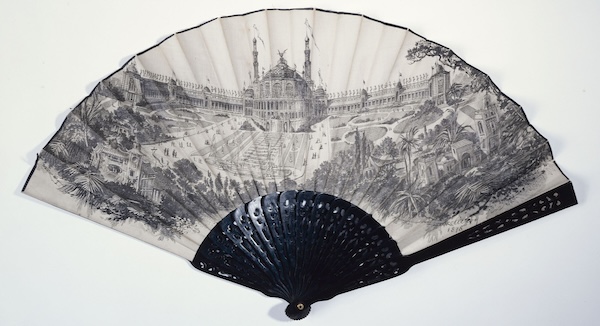
Corrupted, yet intact
published in
On the Universal Declaration of Human Rights and the Europe of European integration.
-
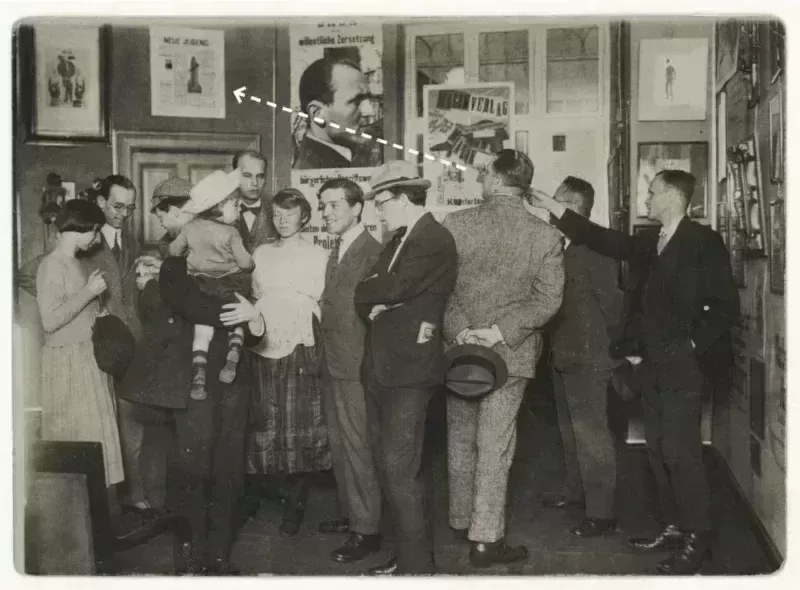
The Mass of Mies
published in
« Less is more »? The scale and shape of his body gave the architect Mies van der Rohe an unequaled weight and architectural authority.
-

Skinned alive
published in
Imagine your therapist assigned you to write your autobiography, after which you decided you were cured, so your therapist published it as revenge. Zeno’s Conscience turns 99.
-

A sangre fría
published in
Fernanda Melchor’s prose hits you square in the face, but its lyricism works differently in Spanish. On Veracruzano modernism, lyrical slang, and worlds so new that style falls apart.
-
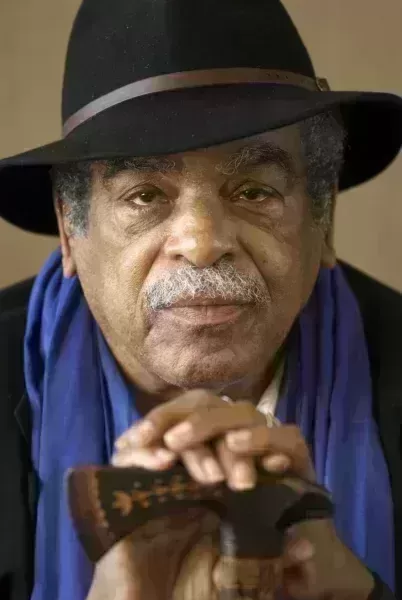
The Archipelago Conversations, an excerpt — Interview with Édouard Glissant
published in
An excerpt from The Archipelago Conversations with the late French Carribean philosopher and poet. « The archipelagos of the Mediterranean must encounter the archipelagos of Asia, and the archipelago of the Antilles. »
-
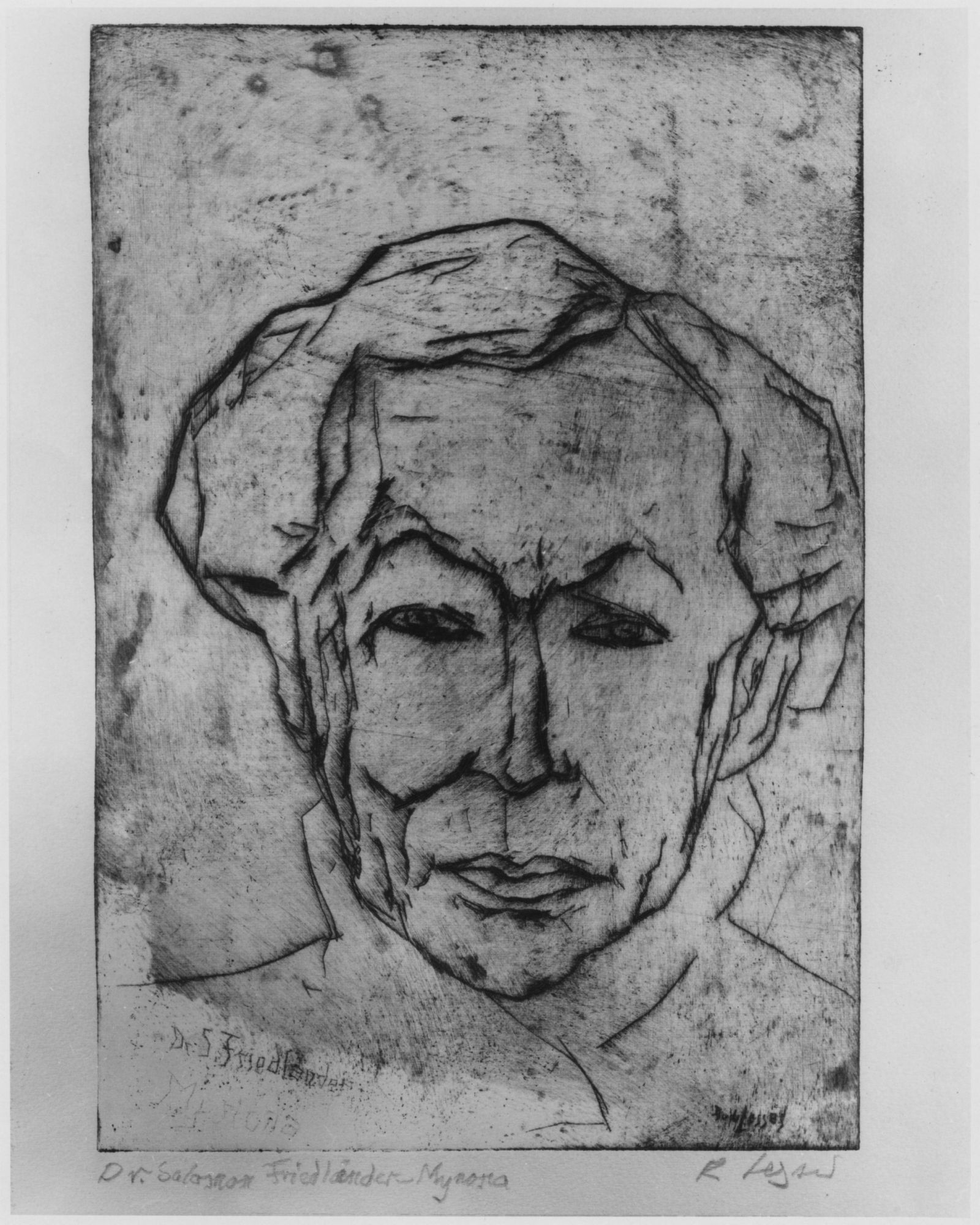
Of Anders & Kreuzwendedich
published in
On two tales of racial metamorphosis, salted or sugared, one hundred years apart.
-

Back to the office
published in
From the office of the future to the office of the past. What endures?
-

How Americans edit sex out of my writing
published in
What is editing? Two people who both lead a literary life — an augmented reality where the connections between existence and sentences are investigated daily — wage sensual war for the soul of the page.
-

A messy optical process
published in
On orthodoxies & heresies of typography. To serif, or sans-serif?
-
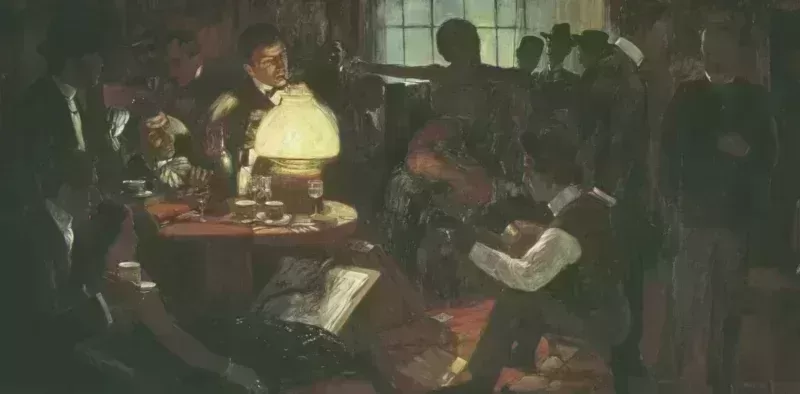
The myth of 1922
published in
What does modern mean? In Brazil, it often meant an embrace of newness as the possibility of reinvention. In Modernity in Black and White: Art and Image, Race and Identity in Brazil, 1890-1945, Rafael Cardoso unravels the myth of 1922.